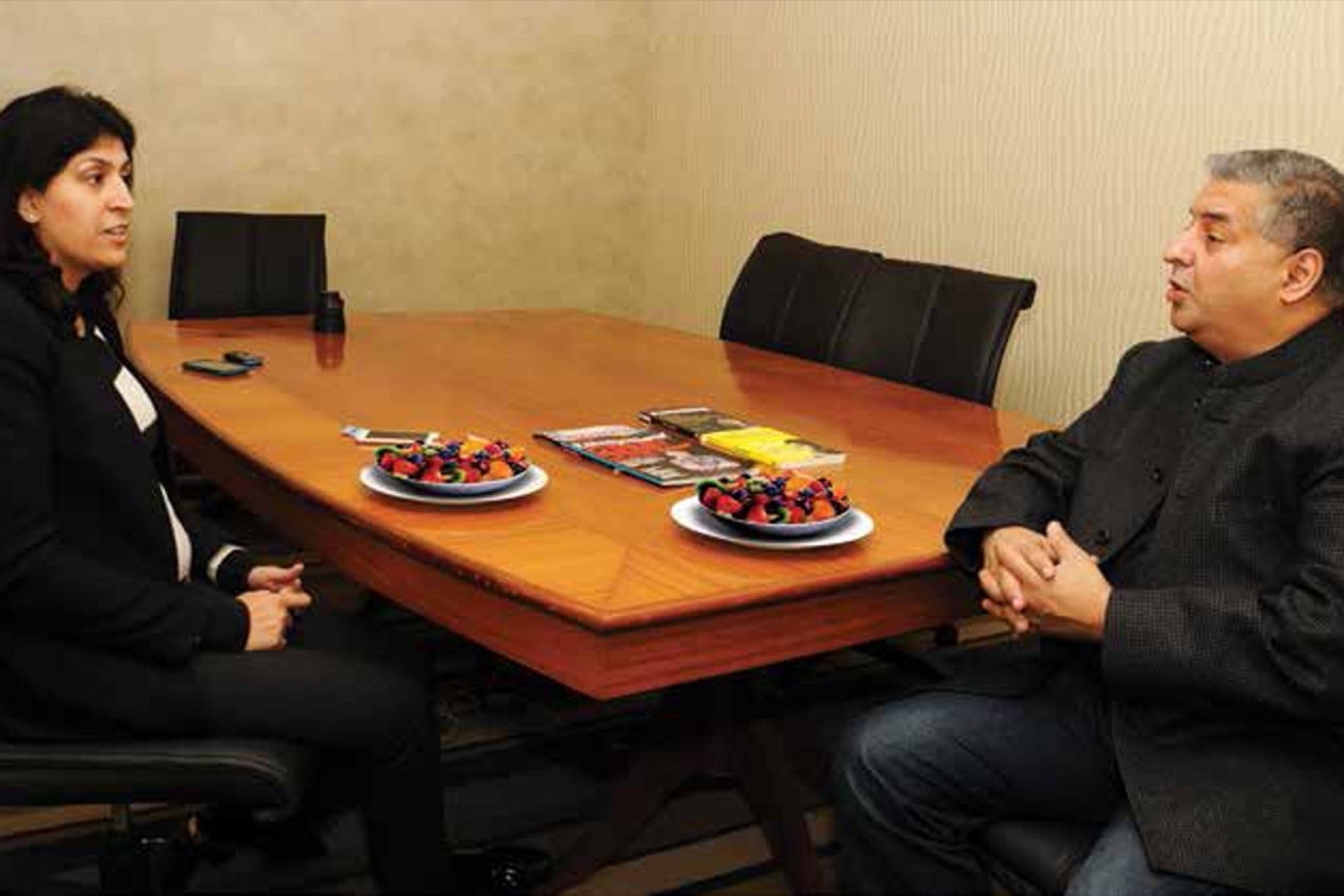Building A Culture of Innovation By India, For India For entrepreneurs, it is about thinking news ideas that they can bring to India and grow them quickly.
By Sandeep Soni
Opinions expressed by Entrepreneur contributors are their own.
You're reading Entrepreneur India, an international franchise of Entrepreneur Media.

At a time when new economy businesses look for quick growth without much pondering on their business models then how can they gear themselves up for near future challenges? And how the change can be brought in at the bottom of the pyramid for a cohesive India's growth?
Rohit Talwar, a global futurist and strategist, and CEO, Fast Future, advising businesses on spotting and managing risks, shares a broader view of the current state of affairs over Chat on Chaat with Ritu Marya, Editor-in-Chief, Entrepreneur India media.
Are Indian businesses capable of facing future challenges? If not, then how can they do that?
Lots of existing Indian businesses do very well by taking ideas from other markets and re-engineer them for the local market. We are not seeing genuine R&D going in India to create products for global market.
That's a challenge for the corporate world to understand what can change in the world in next three-15 years and how to create solutions according to that.
So one way is by having R&D units that are doing innovative work for the future, second is building university partnerships with the people or industries that are pioneering new ideas, and third is having teams to go out and look for developments and form technology partnerships with innovators.
How are corporate houses responding to disruptive ideas coming up?
We see corporate houses setting up corporate venture arms through which they invest in new ideas that could change the company or even potentially take over them in the future. Also there is a need to focus on developing skills and talent and innovate to prepare corporate houses for the future rather than simply focusing on day-to-day activities.
There's a lot that can be done at the grassroots level. How can entrepreneurs leverage that?
There is a bigger opportunity for businesses of every size to create solutions that can serve entire country. So if solutions are created to make people aware about sanitation and give them better living conditions, healthy food, etc, they can become lots more productive.
We also need to invest in skills, training and education at every level. This won't just make them more productive in the society but also future customers for Indian businesses and will help reduce the potential for civil unrest also.
Any piece of advice to young entrepreneurs?
For entrepreneurs, it is about thinking news ideas they can bring to India and grow them quickly because of the scale India offers and then take them to the global stage. This is a great time for them because of the growth of new industries in technology, bio technology, food processing, energy and environment.
There are no limited areas of opportunity. For example, there are floor panels in a shopping center in South Africa that generate energy when people walk. In India, that can be done with pavements, airports, shopping centers, etc, and this is a great entrepreneurial opportunity.
(This article first appeared in the Indian edition of Entrepreneur magazine (January, 2016 Issue).











